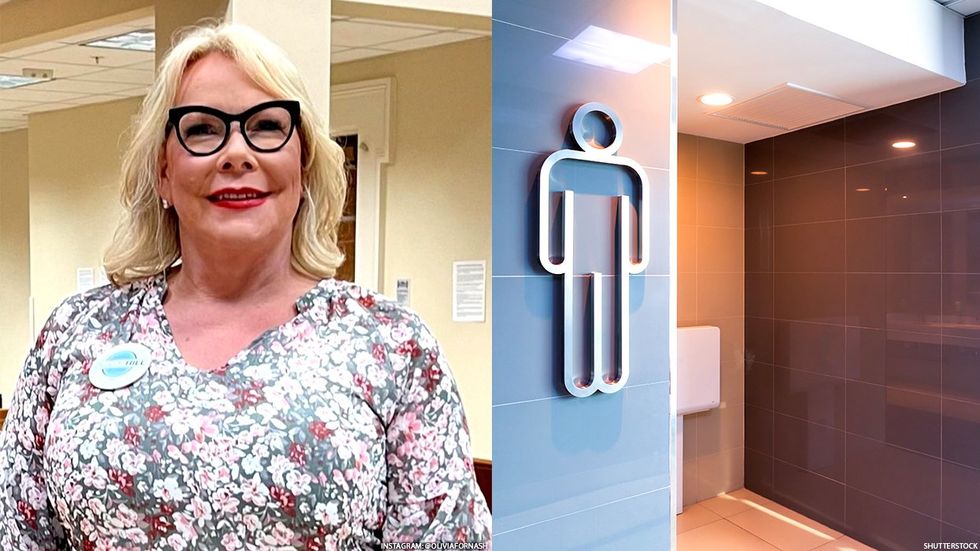The trailblazing election of Olivia Hill as the first transgender person and transgender woman on the Nashville Metro Council — and the first trans elected official in Tennessee history — has hit a stumbling block due to ambiguous Tennessee laws concerning gender identity.
Senate Bill 1440/House Bill 239, which went into effect on July 1, defines sex as “a person’s immutable biological sex as determined by anatomy and genetics existing at the time of birth.” This legislation poses a concern for Hill and other transgender individuals in the state regarding using gender-specific facilities — like bathrooms or event what's on their license.
Despite her historic win alongside four other women on September 14, Hill is now navigating a legal gray area. While not explicit, the legislation may force her and others to use restrooms according to their sex assigned at birth and not their true gender identity.
Hill shared her anxieties with The Daily Beast, particularly around providing her driver’s license during routine interactions like a traffic stop, telling them, “If I get pulled over for rolling through a stop sign, or something simple, and I provide my driver’s license to a police officer, and he asks if everything on that document is correct… if I say, ‘yes,’ I’ve just provided a false ID—which is a felony.”
The law’s ambiguity potentially subjects Tennessee to a clash with federal non-discrimination directives, with the state risking up to $2 billion in federal funding. Bill sponsor Kerry Roberts expressed that the risk was worth taking despite these stakes, the Beast reports.
In contrast, state Sen. Jeff Yarbro criticized the financial risk as unnecessary for a definition change that “nobody really thinks needs fixing.”
Notwithstanding the legislative headwinds, Hill remains committed to her electoral mandate, focusing on Nashville's infrastructure and transit system. She emphasized her qualifications beyond gender identity.
“I ran as a qualified human to sit at the table. It just so happened that I am the first trans person,” she said.
The scenario unfolding around Hill mirrors a broader narrative of legal and social hurdles faced by the transgender community in Tennessee and nationwide, hinting at a critical juncture for the state’s legislative stance toward LGBTQ+ rights.















































































